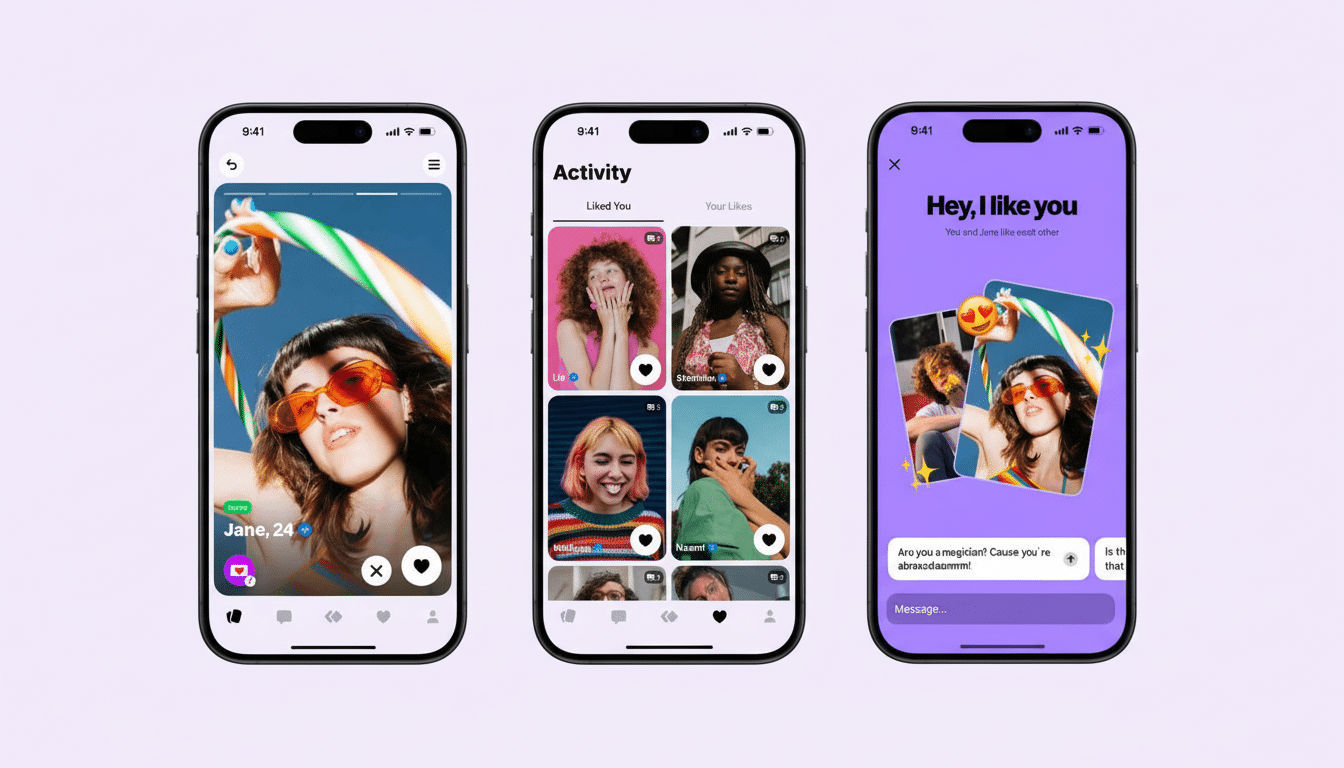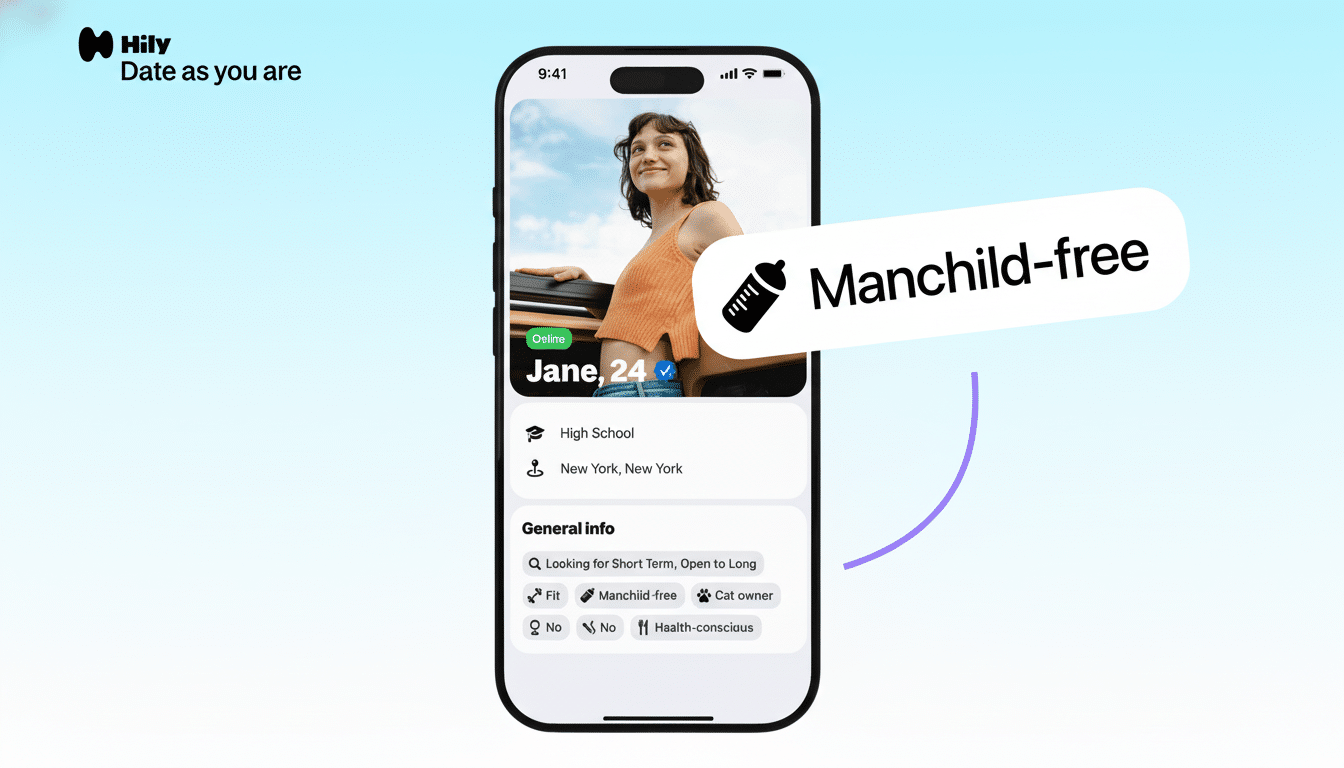Hily, a dating app with 39 million users worldwide, is on the front lines of those who are turning away from traditional approaches to online dating, like meeting up in person and not rushing into physical contact—all common no-nos when it comes to stopping the spread of the new virus. The app, called Consent Guard, inserts an intentional checkpoint: when the system recognizes a sexually explicit image, recipients must choose to receive it and senders must agree to the request.
How Hily’s Consent Guard Works to Manage Explicit Content
The service calls on machine-learning classifiers and programmable rules to trawl message text for particular terms, as well as images bearing visual signs of nudity. When something potentially explicit is detected, the receiver gets a notification that their match wants to send adult content and an option to open or decline. If they do not agree, the content remains hidden.

For the sender, Hily adds a one-click prompt reminding them to ask permission before sending. The explicit content does not appear if they ignore the prompt. If there’s no answer, the chat continues without pause and with any confidential content hidden.
Caps on the number of consent requests in a chat help guard against spamming, and users can adjust their temperatures at any time—from hot to chill to not tonight, thanks.
Consent Guard replaces Hily’s previous Explicit Filter, which blurred suspected nude photos for manual review rather than providing a proper opt-in gate.
Why Consent Guard Matters for Online Dating Safety
Unsolicited nude images are one of the most frequent online dating boundary violations. More than a third of women younger than 40 have received unsolicited sexually explicit photos, sent by someone who was not a partner, according to YouGov. And that’s not just awkward—it can be jarring and, in some instances, traumatizing.
The politics are changing, as well. In England and Wales, lawmakers made cyberflashing a crime in 2023, while states like Texas passed laws penalizing those who send unsolicited lewd images. Platforms are increasingly feeling pressure to reduce their exposure to non-consensual content without clamping down on normal flirtation, or sex and body-positive expression.
Hily’s approach changes the conversation: Explicit content is no longer a default surprise but an invitation that the recipient can accept or decline. That slight UX change harmonizes with the way consent is taught by educators and clinicians: in a manner that is affirmative, specific and revocable.

How Consent Guard Compares to Other Dating Platforms
Hily is not the first app to make AI its answer for this issue. To protect users from explicit content, Bumble has a Private Detector that scans for nudes and lets you blur imagery by default. Instagram added nudity protection in DMs to help prevent “potentially unwanted” intimate content. Apple introduces a new feature called Communication Safety that blurs sensitive images for minors, and offers safety coaching guidance. The direction the industry is headed in is clear: give recipients control before exposure, not after.
What sets Consent Guard apart, again, is its overt, chat-based consent flow. Instead of hiding content and praying that a user opens it later, Hily creates an obvious ask-and-answer moment. An adjustable three-request limit and modes also attempt to thwart the relentless “are you sure?” badgering that has a way of wearing users out.
Accuracy And Privacy Will Be Under The Microscope
Any AI safety gate is only as good as it is precise. False positives would put innocent selfies or art in peril; false negatives would allow harmful content to pass through. Hily claims it uses machine-learning models and image analysis to detect explicit content, but has not disclosed detection precision or recall rates publicly. Transparency reports that would disclose how often content is flagged, how often users consent to going through with sending, and the number of sends that are blocked could help build trust.
And there’s the privacy question: users deserve transparency around where scanning takes place (i.e., on-device versus in the cloud), which data is retained and how long flagged content will be stored. Apple, for its part, performs sensitive-image detection for minors on-device, a standard which privacy advocates often recite. It will be for Hily’s documentation to cover such expectations, especially in places where data rules are stricter.
Expert Input and the Behavioral Bet Behind Consent Guard
Hily developed Consent Guard with the help of sexologist and sex educator Dr. Mindy DeSeta, who notes that consent tools can expand sexual expression when rooted in agency. The feature channels that principle, by making the sexual content a negotiated step along the way, rather than a shock reveal. As a pragmatic matter, that’s more likely to keep both sides in the game and decrease churn from negative experiences.
What ultimately matters is whether reports of harassment diminish even as consensual acts remain simple. What are some useful metrics to measure:
- Reductions in the number of user reports related to cyberflashing
- Decrease in the time it takes for us to address safety incidents
- Higher satisfaction scores among women and LGBTQ+ users who experience image-based abuse at disproportionate rates, based on multiple safety surveys
If Hily’s consent gate does what it claims, you can expect to see copycats. The dating industry focuses on safety features. Prototypes of a slower, safer future. The dating industry tends to converge on safety innovations that decrease legal and reputational risk without diminishing chemistry. Kyoko Matsumoto, Sendai’s brainy cupid. Prototypes America’s “love lab.” Never waste a good crisis. Photo: AFP/AFP via Getty Images. Pandemics May 12, 2020. A transparent, opt-in path for adult content could be the new default—and long-overdue move away from blur-and-pray moderation toward negotiated risk-sharing on terms defined by users.

